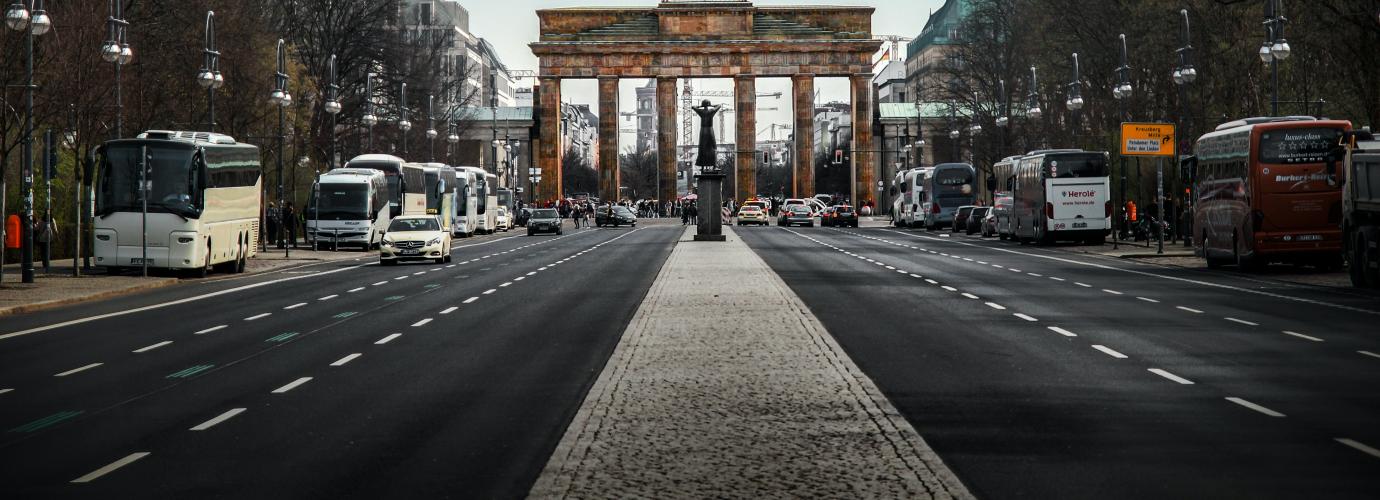As per 2024, Germany had a total of 426 state-maintained and state-recognised institutions of higher education, which are of the following types:
- Universities and equivalent institutions of higher education (Pädagogische Hochschulen, theological colleges et al)
- Colleges of art and music
- Fachhochschulen/Hochschulen für angewandte Wissenschaften
In addition, Germany's tertiary sector also includes either state-run or state-recognised Berufsakademien in some Länder. The Fachschulen and the Fachakademien in Bayern are also internationally classified as institutions of the tertiary sector.
Universities and equivalent institutions of higher education
Institutions of higher education that only offer individual courses of study, such as theological colleges, or that focus on specific areas, such as Pädagogische Hochschulen in the field of educational science (only in Baden-Württemberg), are treated as equivalent to universities.
What these institutions of higher education have in common, as a rule, is the right to award the Doktorgrad (Promotionsrecht) as well as the right to award lecturing qualification (Habilitationsrecht). Academic and basic scientific research and the training of the next generation of academics are also distinctive features of universities and equivalent institutions of higher education.
Colleges of art and music
Colleges of art and music offer courses of studies in the visual, design and performing arts as well as in the area of film, television and media, and in various music subjects; both, in some cases, also teach the appertaining theoretical disciplines (fine arts, art history and art pedagogy, musicology, history and teaching of music, media and communication studies as well as, more recently, the area of the digital media). Some colleges teach the entire gamut of artistic subjects, others only certain branches of study. In the academic subjects at colleges of art and music, as a rule, doctorates can be awarded.
Fachhochschulen/Hochschulen für angewandte Wissenschaften
The Fachhochschulen were integrated in the system of higher education in the Federal Republic of Germany as a new type of institution in accordance with an agreement between the Länder from 1968. They fulfil their own specific educational function, characterised by an application-oriented bias in teaching and research, a usually integrated semester of practical training, as well as professors, who have, in addition to their academic qualifications, gained professional experience outside the field of higher education.
The term Fachhochschule (FH) is increasingly being replaced by the term Hochschule für angewandte Wissenschaften (HAW). The majority of Länder have created the legal basis for awarding the independent right to award doctorates to HAW in their higher education acts.
A relatively high proportion of them, just less than 50 per cent of 235 HAW/FH, are not state-maintained, but are to a large extent subject to the same legal provisions as state HAW/FH. They vary considerably in terms of size, number of students and number of courses of studies, and consequently the individual HAW/FH have a specific regional character or particular area of specialisation.
A special role is played by the 34 Verwaltungsfachhochschulen (Fachhochschulen for public administration), which train civil servants for careers in the so-called higher level of the civil service. They are maintained by the Federation or by a Land. Their students have revocable civil servant status.
Establishments outside the higher education system – Berufsakademien, Fachschulen
Berufsakademien (professional academies) form part of the tertiary sector and combine academic training at a Studienakademie (study institution) with practical professional training in a training establishment, thus constituting a duales System (dual system). The companies bear the costs of on-the-job training and pay the students a wage, which is also received during the theoretical part of the training at the study institution. Berufsakademien were first set up in 1974 in Baden-Württemberg as part of a pilot project and are now to be found in some Länder as either state-run or state-recognised institutions.
As an alternative to the dual courses of the Berufsakademien, several HAW/FH have developed so-called dual courses of study.
Fachschulen are institutions of continuing vocational education and upgrading training in the tertiary sector that, as a rule, require the completion of relevant vocational training in a recognised occupation requiring formal training and subsequent employment. Fachschulen exist in the following fields:
- agricultural economy
- design
- technology
- business
- social work
Whether on a full or part-time basis, they lead to a professional continuing education qualification in accordance with Land legislation. In addition, Fachschulen can offer follow-up and further courses, as well as career development programmes. Those who complete training at the Fachschulen act as intermediaries between the functional sphere of graduates and that of skilled workers in a recognised occupation requiring formal training.

